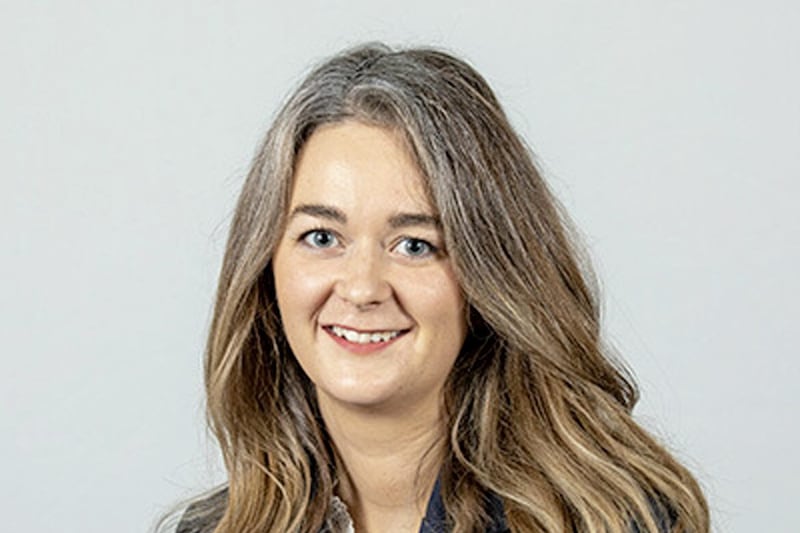QUESTION: I have just sold the shares in my trading company to a third party. I want to make cash gifts to my children and also set up a family trust. I would also like to invest in a new business. Are there any tax issues I need to be aware of before I make the gifts and can I roll over some of the capital gains I made on the share sale into the new business?
ANSWER: In the UK, it is possible to gift unlimited amounts of money without incurring an immediate charge to inheritance tax (IHT).
Such gifts are called potentially exempt transfers or ‘PETs’. If, however, the transferor dies within seven years of making the gift, the gifts are included within their estate for the purposes of computing the estate inheritance tax liability. Such gifts are referred to as ‘failed PETs’.
The PET rules do not apply to a lifetime gift into a discretionary trust. Such a transfer is immediately chargeable to inheritance tax at a lifetime rate of 20 per cent.
However, if the value of the transfer into the trust is less than the inheritance tax nil rate band (NRB) of £325k, then the transfer into the trust is not subject to the immediate 20 per cent charge. Should the Transferor survive for seven years he/she regains their lifetime IHT exemption of £325k.
It is very important to set up the trust and transfer money into it before you make the gifts to your children (PETs) and this is because if you die within seven years of the PETs, the failed PETs become chargeable to inheritance tax and affect the order in which the NRB of £325k is used.
What this means is that the £325k is now applied against the earlier failed PETs instead of the transfer into the discretionary trust.
The result of this is that the beneficiary of the now failed PET may have a tax liability to pay if the PET exceeded the NRB and by that stage (up to seven years after receiving the gift), the cash may now be spent.
Taper relief can reduce any IHT charge where the transferor has died between three and seven years from the making of the gift.
Furthermore, because the PET was made before the discretionary trust settlement, periodic and exit charges for the trust could be impacted.
A discretionary trust is assessed to inheritance tax every ten years or whenever capital is transferred out of the trust (an exit charge).
The trust has its own NRB for calculating these periodic and exit charges, but in this scenario the NRB is reduced by any chargeable transfers, including failed PETs, in the seven years before the trust was created.
The order of gifting therefore is very important if you are planning to make a series of gifts, whether they be outright gifts or gifts into a discretionary trust as the order they are made in can affect subsequent trust charges.
The recommended order of gifting is to make the chargeable lifetime transfer into the discretionary trust first and then make the potentially exempt transfers.
In relation to your second question, you cannot claim ‘rollover relief’ following the sale of shares as they do not belong to the class of assets for which HMRC permit rollover.
What you can do however is pay the CGT on the share sale and then set up your next venture after seeking HMRC clearance for Enterprise investment Scheme (EIS) relief.
If the company qualifies for EIS status you can then put in a claim for EIS deferral relief and recover the CGT that you paid.
By doing this you have deferred the CGT. You should however leave the first £1m of gains chargeable because they will be taxed at 10 per cent provided that you have not previously claimed entrepreneurs relief.
Paddy Harty (p.harty@fpmaab.com) is tax partner at FPM Accountants Ltd (www.fpmaab.com). The advice in this column is specific to the facts surrounding the question posed. Neither the Irish News nor the contributors accept any liability for any direct or indirect loss arising from any reliance placed on replies.







